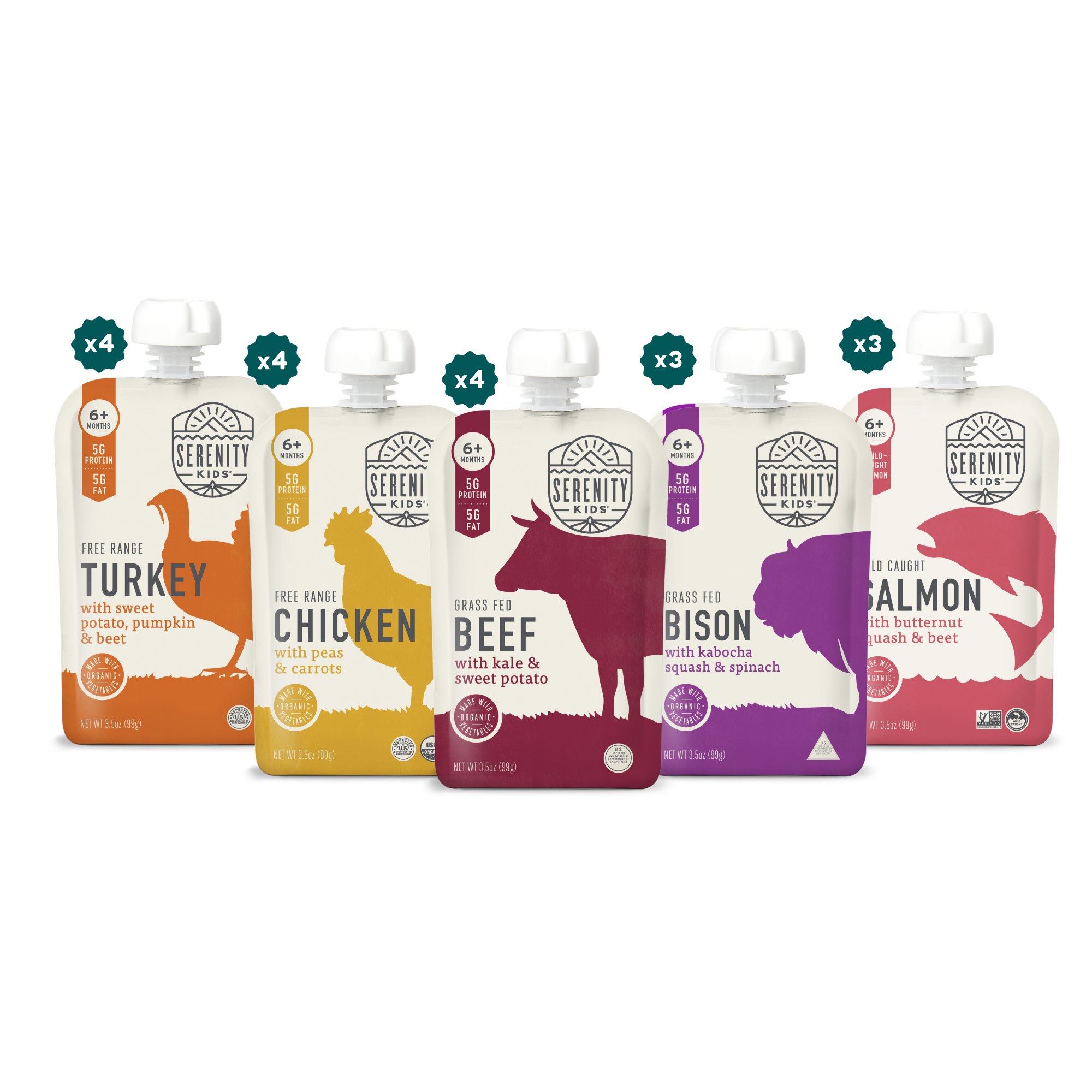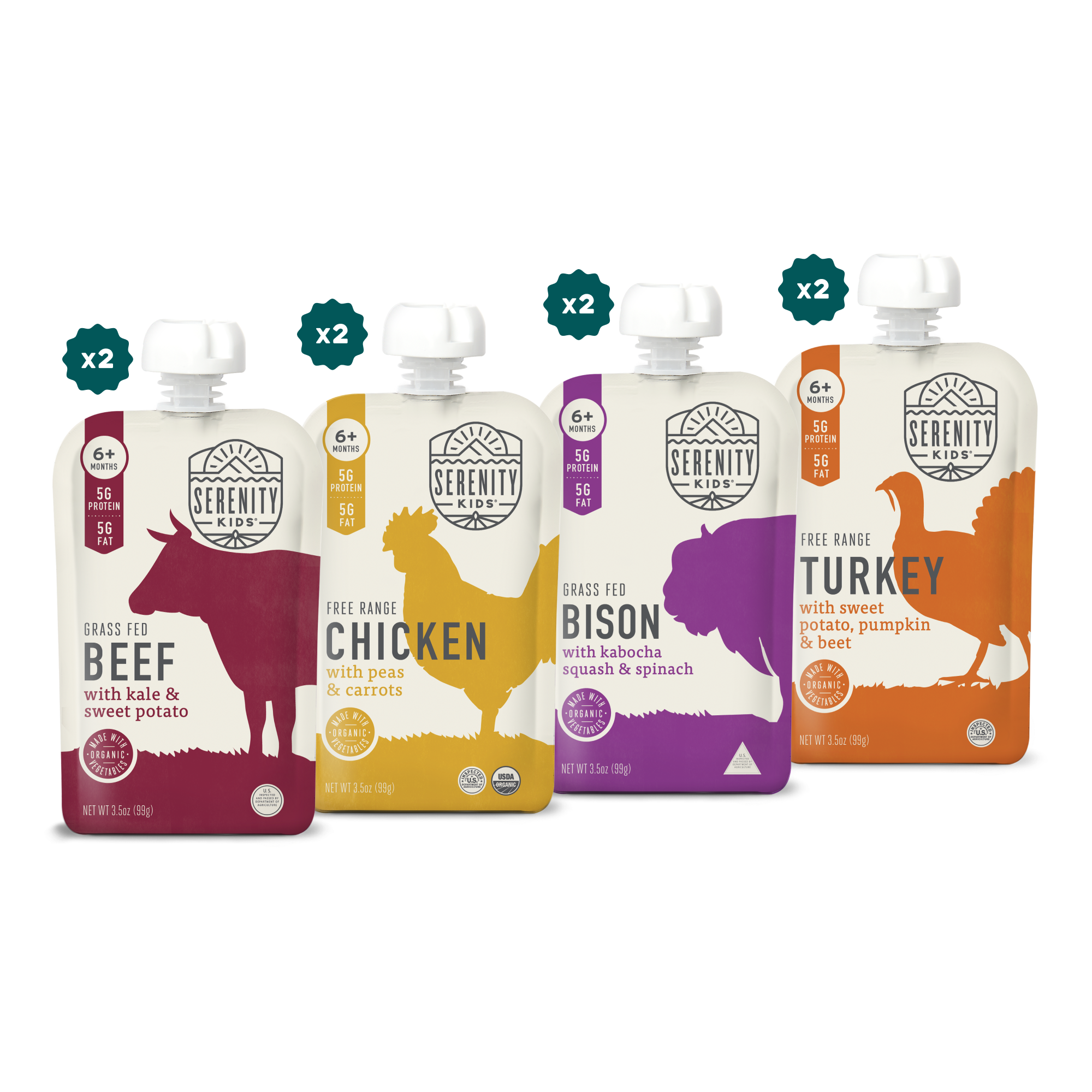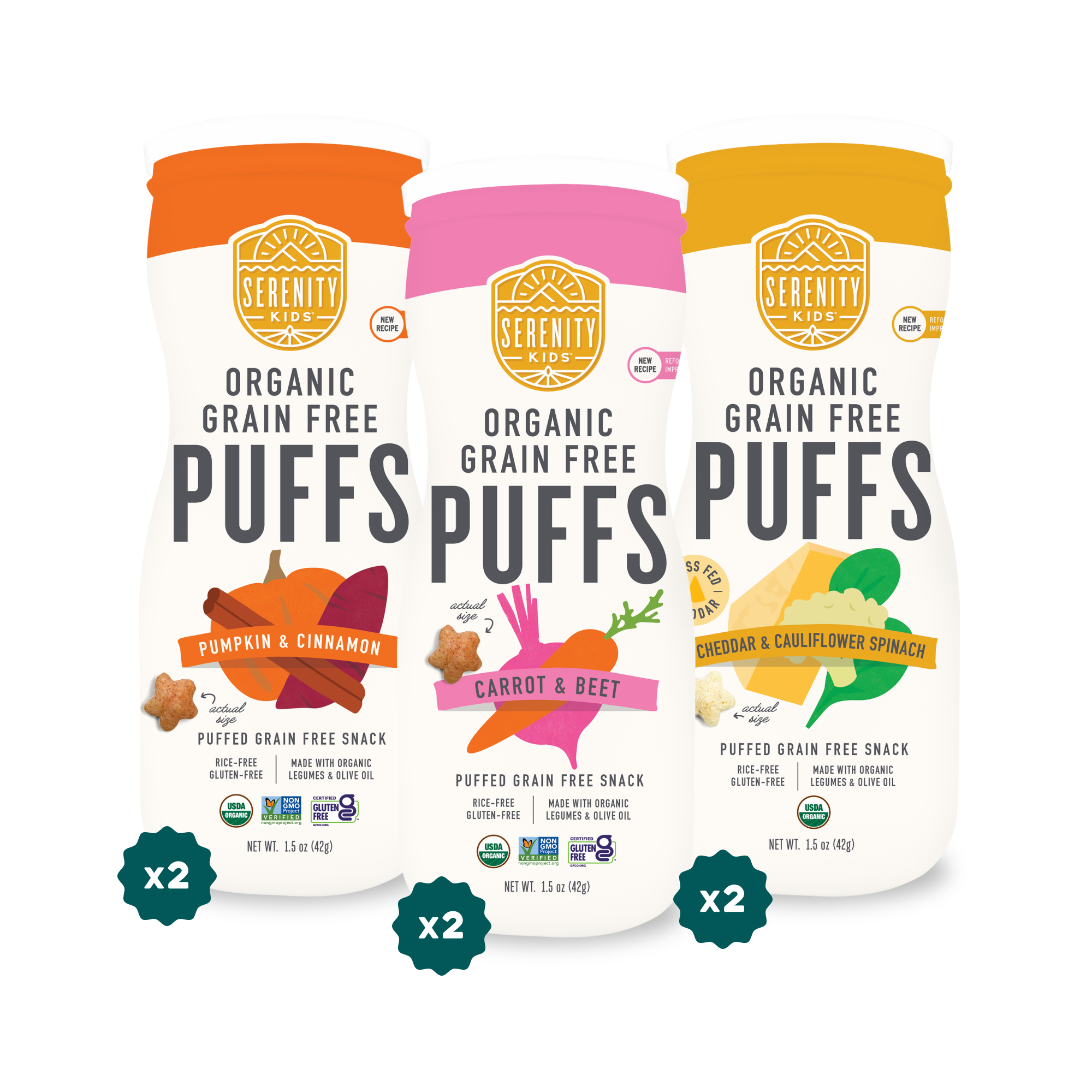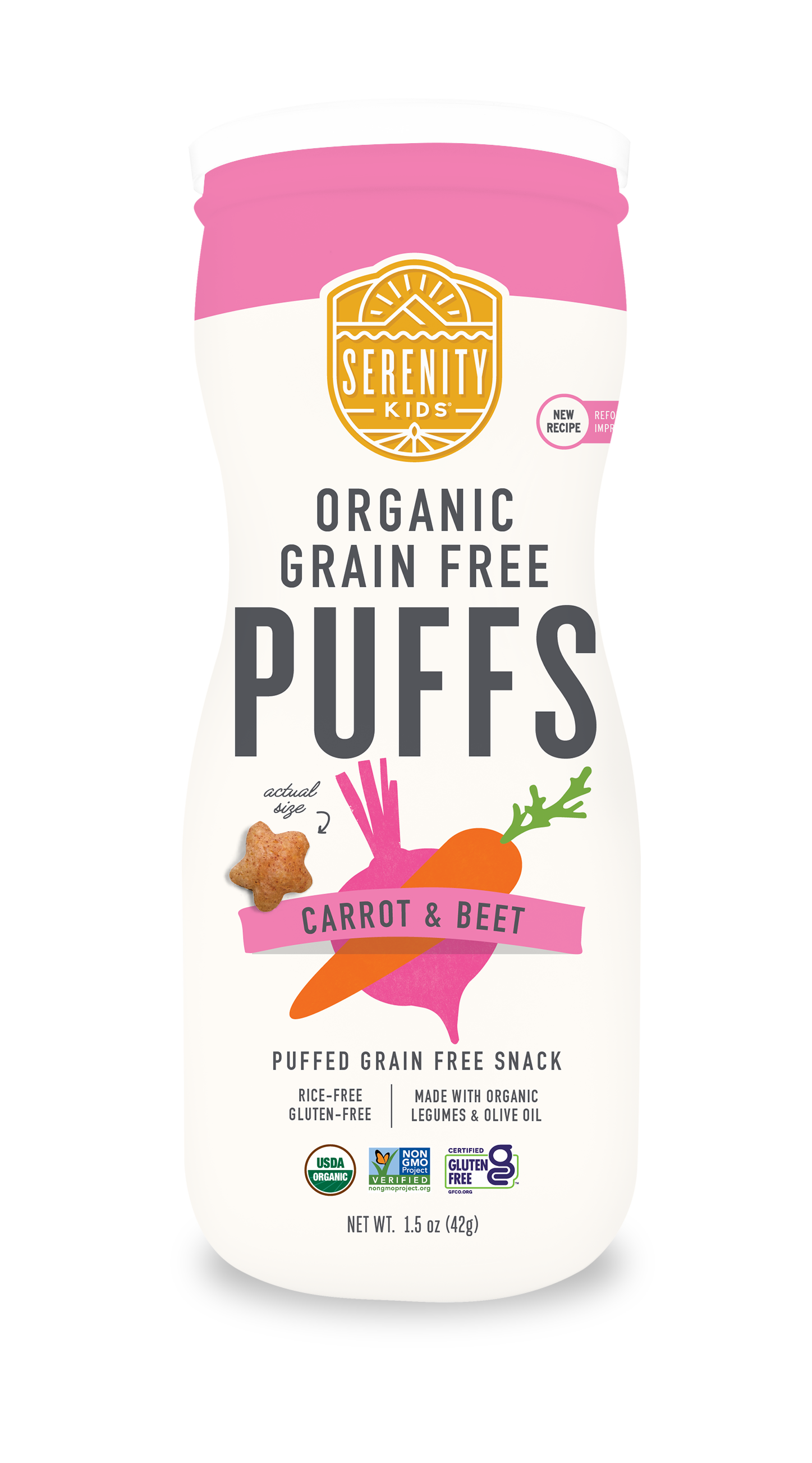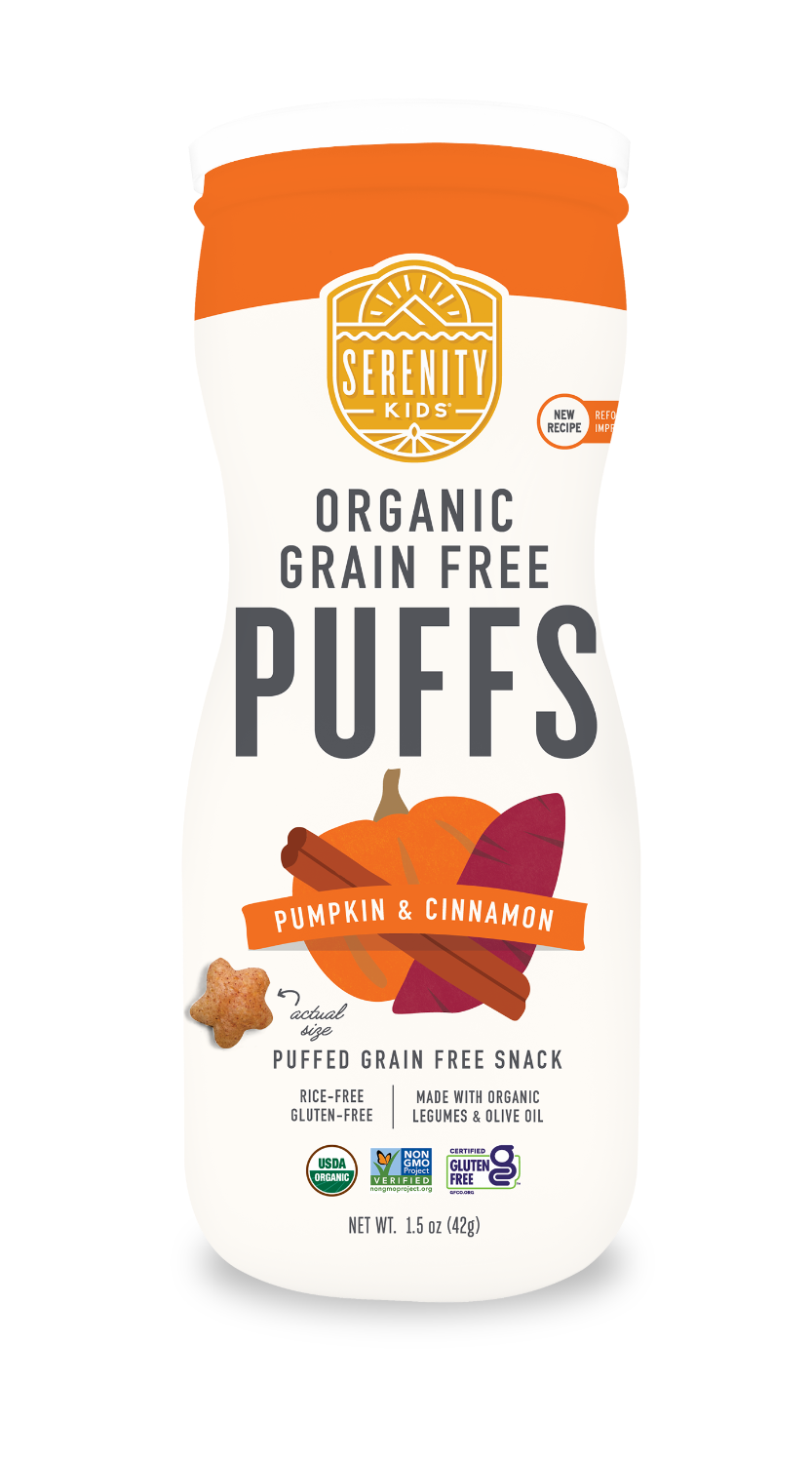As most new parents can attest, the first few months of your baby’s life are often spent with spit up on your clothes and the smell of sour milk seemingly stained into your memory (and questions you’d never thought you’d ask yourself like “what’s the scoop on baby poop?!”). While it’s common for infants to spit up after eating, it can be hard to know what is normal and what is not. Seeing your baby feeling uncomfortable or in pain due to gas or other digestive issues that lead to excessive spit-up can lead you on the search for answers.
You may find that acid reflux is the cause of excessive or forceful spit-up. In fact, it’s estimated that more than half of all infants will experience acid reflux within their first 12 months.
What causes acid reflux in babies?
Acid reflux, or gastroesophageal reflux (GER), occurs when the stomach contents or acid moves back into the esophagus from the stomach, often causing babies to spit up. This is especially common in infants and babies since the ring of muscle between the esophagus and the stomach, known as the lower esophageal sphincter (LES), has not fully matured.
However, according to Dr. Krysty Damrow-Schmidt, DC., “there are several other factors that may contribute to the cause of reflux in babies,”
Other common causes and contributing factors of acid reflux in babies include:
- Baby’s position during and after feeds: If your baby is horizontal or held with their head lower than the stomach, it increases the likelihood of them getting acid reflux.
- Certain formulas: Some formulas have larger milk particle sizes, which are often harder for the baby’s digestive system to break down. Looking for a toddler formula when your little one is 12 months+? Ours is grass-fed and nutrient-rich, made with A2 milk/proteins from Alexandre Family Farm.
- Certain foods your baby is eating: Once your baby starts eating solids, the foods they eat may trigger acid reflux. Common trigger foods include cruciferous vegetables, tomato products, and citrus fruits. To learn more about introducing solids in a safe and stress-free way, check out this article.
- Mother’s diet in breastfed babies: Even if your baby hasn’t started solids, breastfed babies can still be affected by the foods in the mother’s diet. For more information on breastfeeding, check out our article on Top 10 Breastfeeding Hacks.
- Overfeeding your baby (when bottle-fed): Overfeeding your baby can sometimes happen with bottle feeding; it may increase the pressure over the LES, which can contribute to acid reflux in babies. We know this can be a touchy subject as you cannot technically overfeed a breastfed baby; read more here.
- Overactive letdown: Some women have an overactive letdown which can cause a baby to gulp to keep up and take in too much air.
- Poor latch or tongue/lip tie: Any of these issues can affect a baby’s sucking action and lead to the baby swallowing too much air.
Signs your baby may have acid reflux
It can be hard to tell the difference between normal spit-up and acid reflux that may be causing your baby discomfort. Dr. Damrow-Schmidt advises watching for these common signs that may suggest that your baby has acid reflux:
- Spitting up frequently
- Arching of the back during or after a feed
- Trouble swallowing
- Refusal to eat or poor eating
- Hiccups or wet burps
- Projectile vomiting
- Lack of weight gain
Natural remedies to relieve your baby’s acid reflux
While acid reflux may be common among babies, it doesn’t make it any easier to see your little one uncomfortable or in pain. Fortunately, there are several natural remedies that may help provide some relief for your baby.
Some natural remedies for acid reflux in babies include:
- Burp your baby more frequently. Burping your baby every 1-2 ounces may help reduce their acid reflux.
- Avoid overfeeding your baby in one sitting (when bottle-fed). This can help reduce the pressure over the LES. We know this can be a touchy subject as you cannot technically overfeed a breastfed baby; read more here.
- Adjust your feeding position: Keeping the baby’s head higher than his bottom during feeding can be more comfortable. Aim to keep the baby at a 30 to a 40-degree angle, using pillows for support as needed.
- Hold your baby in an upright position during feeds and for at least 20-30 minutes following each feed. This can help keep food and stomach acid from coming back up from the stomach.
- Avoid tight or ill-fitting diapers or bottoms. This can place undue pressure on your baby’s stomach.
- Avoid foods that seem to trigger your baby’s acid reflux. Once your baby begins eating solid foods, it’s best to avoid their triggers, which often include dairy and citrus fruits. All of our purees, such as those included in our Meat & Veggie Variety Pack and our Bone Broth Variety Pack, are fruit and dairy-free.
- Consider probiotics: Research suggests that probiotics can improve symptoms of reflux in babies. Of course, be sure to check with your healthcare provider before starting a new supplement with your little one.
- Visit a pediatric chiropractor. An experienced pediatric chiropractor can examine your baby for tongue and lip ties, and misalignments in the spine from birth — both of which can cause reflux-like symptoms.
When to contact a health professional
In some cases, natural remedies may not provide the necessary relief for your little one. Although acid reflux in infants is rarely serious, there are times you should contact a health professional.
Dr. Damrow-Schmidt suggests that you should contact a health professional if your baby is showing signs of the following:
- Failure to gain weight
- Forceful vomiting or spitting up during or after feedings
- Spitting up green or yellow fluid
- Spitting up blood or material that resembles coffee grounds
- Unusual irritability after eating
- Refusal to eat
- Signs of dehydration, such as fewer than 8 wet diapers per day, sunken fontanelles (soft spots on the head), lack of urination for 6+ hours, breathing problems, or chronic wheezing
- Vomiting or spitting up that starts after 6 months of age
Most importantly, you know your baby better than anyone. If you’re concerned about your little one, contact a healthcare professional and discuss these concerns. They’ll do a physical evaluation and make recommendations to help relieve and prevent your little one’s acid reflux.
Written by Jennifer Wirth. Jennifer is a professional health writer, leveraging her scientific background as a Chemical Engineer to uncover the most interesting aspects of infant nutrition, pregnancy, and parenting. As a wife and mother of three young children, Jennifer is passionate about providing the best possible nutrition for her family. She believes that developing healthy eating habits early helps build the foundation for a long, fulfilling life.
Sources:
https://jamanetwork.com/journals/jamapediatrics/fullarticle/1812293
https://pubmed.ncbi.nlm.nih.gov/21114493/
https://onlinelibrary.wiley.com/doi/full/10.1111/mcn.13290
https://www.laleche.org.uk/i-think-babys-got-reflux/
As with any new information, consult with a healthcare professional. All content within this site is not intended as medical diagnosis or treatment and should not be considered a substitute for, nor does it replace professional medical advice, diagnosis, or treatment. If you have any concerns or questions, you should always consult with a physician or other healthcare professional.

























